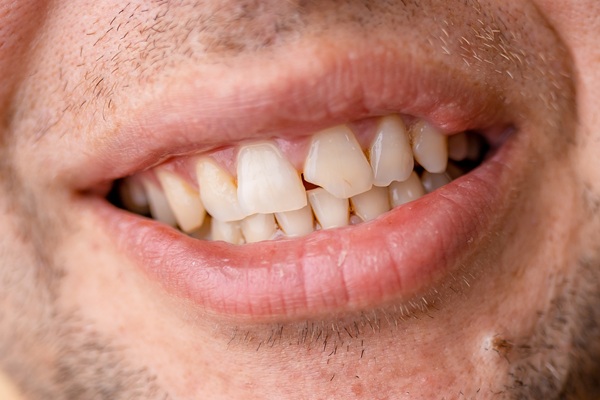Pros and Cons of Activated Charcoal for Teeth Whitening

If you have seen the rave of activated charcoal and are wondering if the stories of white and shiny teeth are real, then you have found the right article to guide you. Here, we will discuss what activated charcoal is, the pros and cons of using it and the safety and effectiveness of using the product.
What is activated charcoal?
Activated charcoal is used to describe any form of charcoal (burnt wood or vegetation) that has gone through special processing to create a wide surface area and boost its adsorptive qualities and volatility during chemical processes.
The chemical composition of activated charcoal is distinct. The adsorptive qualities make it able to mix with and clean different types of materials, including food debris and bacteria. Dental experts say these characteristics are why people believe it can eliminate tough stains from the teeth’s surface.
The pros of using activated charcoal
The oral health benefits of using activated charcoal are apparent when used along with regular oral hygiene habits, such as brushing and flossing regularly. So, if you are wondering if the positive benefits were real, then yes, they are. The pros include:
They clean certain stains off the tooth surface: Because of their abrasive nature, activated charcoal can remove stains from the first layer of the teeth, the enamel.
It is inexpensive: You can choose to buy an activated charcoal toothpaste or mix charcoal directly with your regular toothpaste. Whichever you prefer, it is less expensive than having a tooth whitening treatment.
It helps alleviate chronic halitosis (bad breath) and lessen the toxins in the mouth.
It abrades and polishes the teeth: Due to its abrasive properties, the roughness on the tooth’s exterior can be smoothened with frequent brushing.
Cons of activated charcoal
Despite the multiple benefits of using activated charcoal, you need to be aware of the disadvantages or limitations of the products. The cons include:
It does not whiten the teeth: Regardless of the marketing gimmicks you see, activated charcoal cannot whiten the teeth. Yes, it eliminates stains from the teeth’s surface, but it cannot stop yellowing and other severe stains.
There is no fluoride present: Fluoride is essential for fortifying the teeth and fighting cavities. Many of the regular activated charcoal toothpaste does not contain fluoride, meaning it is a poor toothpaste option.
It can harm your enamel permanently: As mentioned previously, charcoal is highly abrasive. This means it can slowly abrade your enamel with regular use. Once the enamel has deteriorated, it cannot be restored. Enamel deterioration causes tooth sensitivity, tooth decay, gum disease and many other costly and painful dental diseases.
Bottom line
Do not fall for the marketing gimmicks. Only your dentist should recommend the best toothpaste for your teeth, and most dentists will not recommend activated charcoal due to its abrasive nature. It does not work as effectively as regular fluoride toothpaste, and you risk causing permanent damage to your teeth.
Simply follow your dentist recommendation if you ever need to whiten your teeth or choose toothpaste.
Request an appointment here: https://www.lilburnfamilydentistry.com or call Lilburn Family Dentistry at (770) 800-0178 for an appointment in our Lilburn office.
Recent Posts
A dentist recommends teeth whitening for patients that have mild to moderate teeth stains. They use a peroxide bleach that can safely target and remove stains on visible front teeth, improving the color and shade of your smile. The following is a discussion of professional teeth whitening and how to determine if treatment is right…
The potential side effects of teeth whitening include teeth sensitivity, gum irritation, and ineffective results. However, most patients do not experience any notable side effects from professional teeth whitening, as the dentist can monitor the process and perform treatment in a way that minimizes risk.Dentists take every precaution possible to minimize the risk of teeth…
Teeth whitening treatments can get you noticeably whiter teeth in less than an hour. They are one of the most popular cosmetic treatments and involve using compounds with bleaching properties like hydrogen carbamide or hydrogen peroxide to take off stains from the outer and inner layers of your teeth.There are numerous ways to go about…
Minor to moderate teeth stains can be removed with professional teeth whitening. However, to achieve ideal results, there are certain things to avoid after treatment, such as foods and drinks that can cause stains. The following overview discusses five things you should avoid to keep your smile bright after teeth whitening treatment.You can reduce the…


